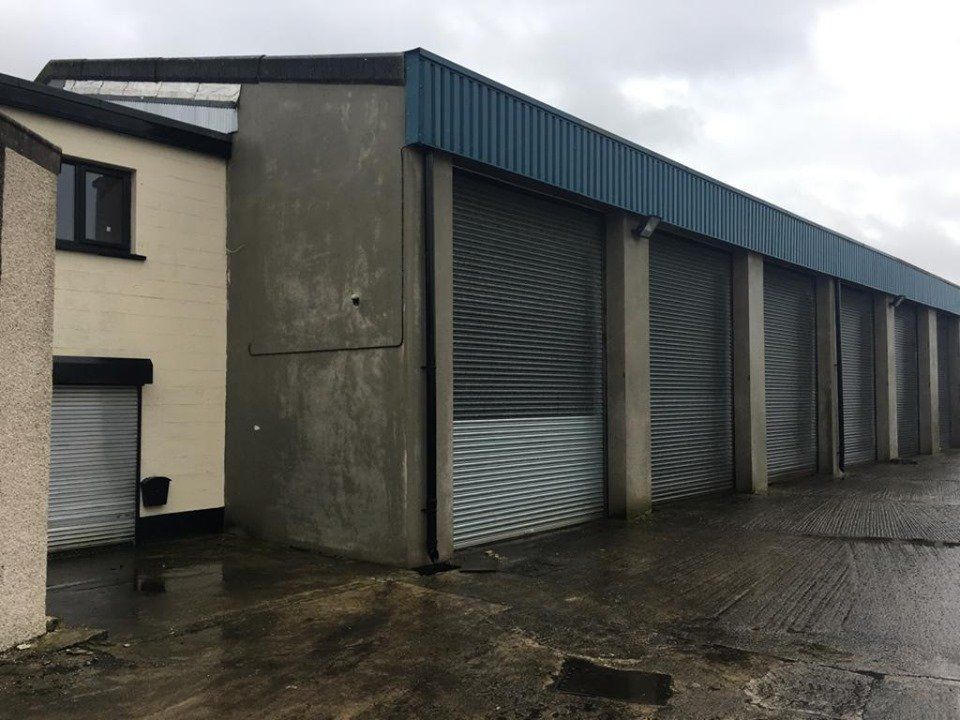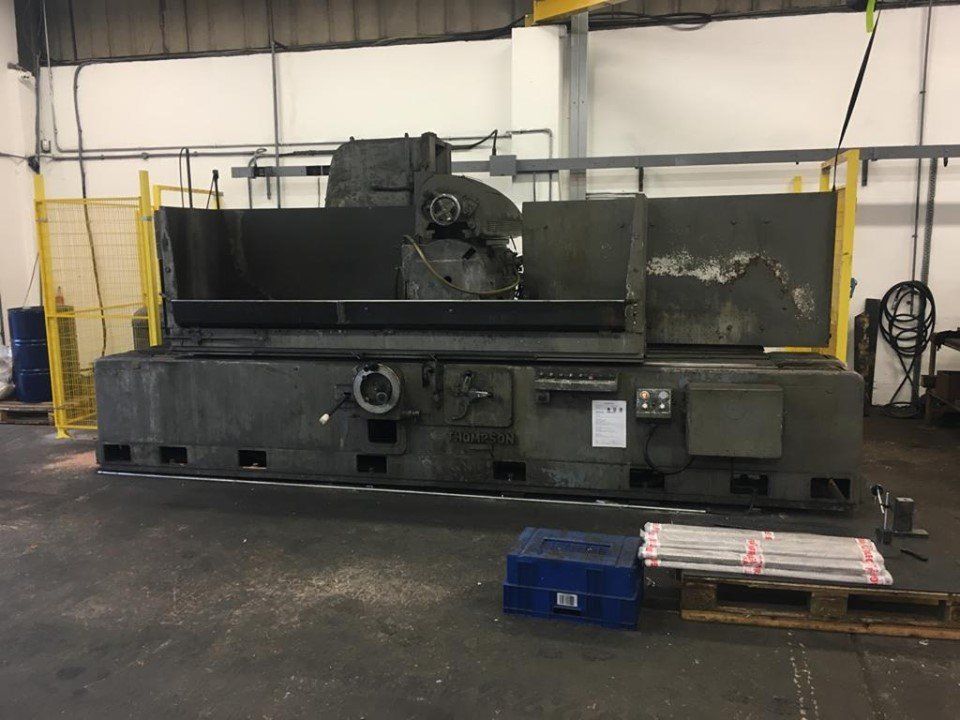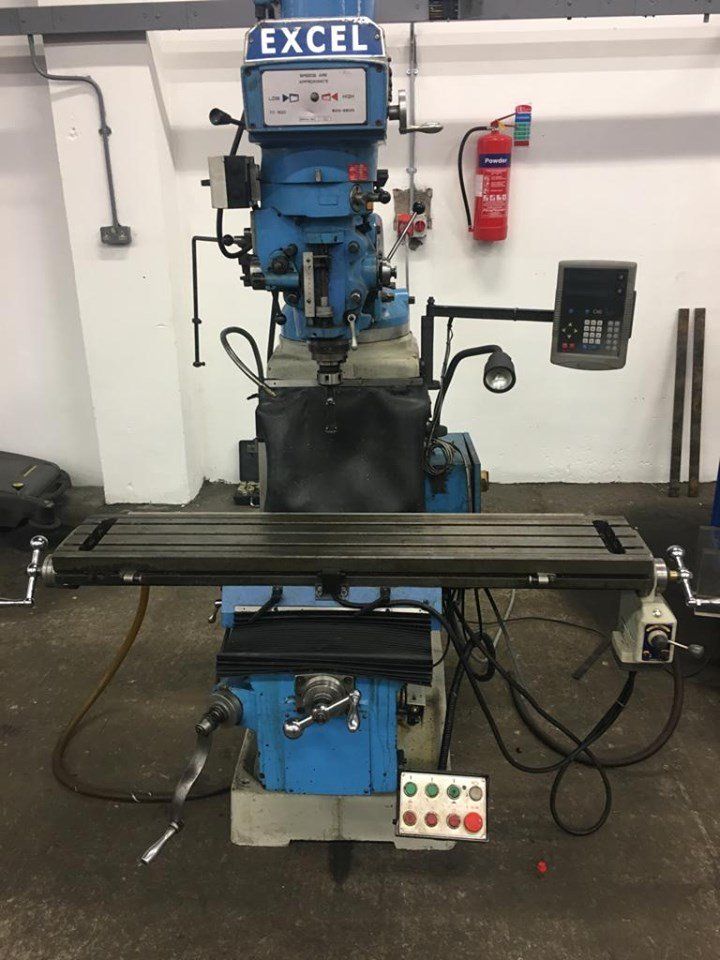Treatment Operations for Depollution of End-Of-Life Vehicles
We are a leading commercial vehicle breaker providing spare parts and a dismantling service throughout the whole Ireland and the UK. Established 15 years ago, James Kernohan & Sons provides a professional vehicle dismantling and spare parts supply service for our many satisfied customers.
We have a fully Licensed Premises for taking end-of-life commercial vehicles. We take environmental issues very seriously and strive for compliance with the requirements of E.P.A. Annex 1
as follows:
Minimum technical requirements for storage and treatment in accordance with Article 6(1) and (3).
Sites for storage (including temporary storage) of end-of-life vehicles prior to their treatment.
Impermeable surfaces for appropriate areas with the provision of spillage collection facilities, decanters and cleanser-degreasers.
Equipment for the treatment of water, including rainwater, in compliance with health and environmental regulations.
Sites for Treatment:
Appropriate storage for dismantled spare parts, including impermeable storage for oil-contaminated spare parts.
Appropriate containers for storage of batteries (with electrolyte naturalisation on site or elsewhere) filters and PCB/PCT - containing condensers.
Appropriate storage tanks for the segregated storage of end-of-life vehicle fluids: fuel, motor oil, gear box oil, transmission oil, hydraulic oil, cooling liquids, antifreeze, brake fluids, battery acids, air conditioning system fluids and any other fluid contained in the end-of-life vehicle.
Appropriate storage for used tyres, including the prevention of fire hazards and excessive stockpiling.
Treatment Operations for Depollution of End-of-life Vehicles:
Removal of batteries and liquefied gas tanks.
Removal or naturalisation of potential explosive components (e.g. air bags).
Removal and separate collection and storage of fuel, motor oil, transmission oil, gear box oil, hydraulic oil, cooling liquids, antifreeze, brake fluids, air conditioning system fluids and any other fluid contained in the end-of-life vehicle, unless they are necessary for the reuse of the parts concerned.
Treatment operations in order to promote recycli ng:
Removal of catalysts.
Removal of metal components containing copper, aluminum and magnesium if these metals are not segregated in the shredding process.
Removal of tyres and large plastic components (bumpers, dash board, fluid containers, etc.)
Removal of glass.
Storage operations are to be carried out avoiding damage to components containing fluids or to recoverable components and spare parts.
You can rest assured that with our company your end-of-life vehicle will be dismantled to the highest standards.
You can rest assured that with our company your end-of-life vehicle will be dismantled to the highest standards.







